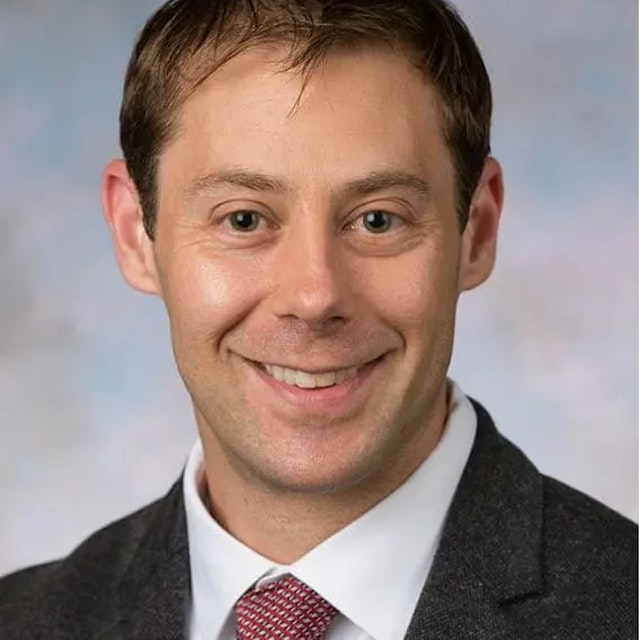As the population of older adults continues to grow, the need for specialized healthcare professionals also increases. In the next decade, one out of every five people will be over the age of sixty-five. By 2050, the percentage of people in the US over sixty-five is expected to increase by almost thirty percent. Nearly nine in ten adults sixty-five years of age or older take at least one prescription medication.
Over fifty percent of these older adults report taking four or more prescription medications (kff.org). As treatment options continue to evolve and improve, these numbers will continue to increase. Geriatric pharmacists are one such group of professionals who play a vital role in the healthcare of older adults.
This article will discuss how pharmacists become board-certified as geriatric pharmacists, where they work, and what they do.
How to Become Board Certified as a Geriatric Pharmacist
To become a board-certified geriatric pharmacist, pharmacists must obtain a Doctor of Pharmacy (Pharm.D.) degree from an accredited pharmacy school. After graduation, they must have a current and active license to practice pharmacy in the United States, have completed a minimum of four years of practice experience in geriatric pharmacy or a general one-year pharmacy residency with two years of practice experience in geriatric pharmacy, or a general one-year pharmacy residency with a second one-year pharmacy residency specializing in geriatric pharmacy. While graduation from a pharmacy residency program is not required, such a residency provides advanced training in managing older patients with concurrent chronic diseases and conditions, most likely taking multiple medications.
Once a pharmacist meets these requirements, they can apply for the geriatric pharmacy specialty certification exam the Board of Pharmacy Specialties (BPS) offers. This exam covers various topics, including pharmacotherapy for older adults, geriatric complex medication-related issues, and pharmacokinetics in older adults.
Where Geriatric Pharmacists Work
Geriatric pharmacists can work in a variety of settings, including hospitals, long-term care facilities, community pharmacies, and academic institutions. They may also work in government agencies, such as the Centers for Medicare & Medicaid Services, where they develop and evaluate programs promoting safe and effective use of medications in older adults.
What Geriatric Pharmacists Do
Geriatric pharmacists play a critical role in the patient care of older adults. They work closely with healthcare providers, including physicians, nurses, and other pharmacists, to ensure that older adults receive appropriate medication therapy. Some of the tasks that geriatric pharmacists may perform include:
Reviewing medication regimens to identify potential drug interactions or adverse effects
Assessing medication appropriateness and dosage for older adults with multiple chronic conditions
Developing individualized medication management plans for older adults
Educating older adults and their caregivers about medication use and side effects
Collaborating with other healthcare providers to manage medication-related issues, such as adverse drug reactions or medication nonadherence
Geriatric pharmacists are also key in medication therapy management (MTM) services. MTM services are designed to help older adults manage their medications and improve their health outcomes. Geriatric pharmacists may work with healthcare providers and patients to develop comprehensive medication management plans, provide medication education and counseling, and monitor geriatric patients' medication use over time.
